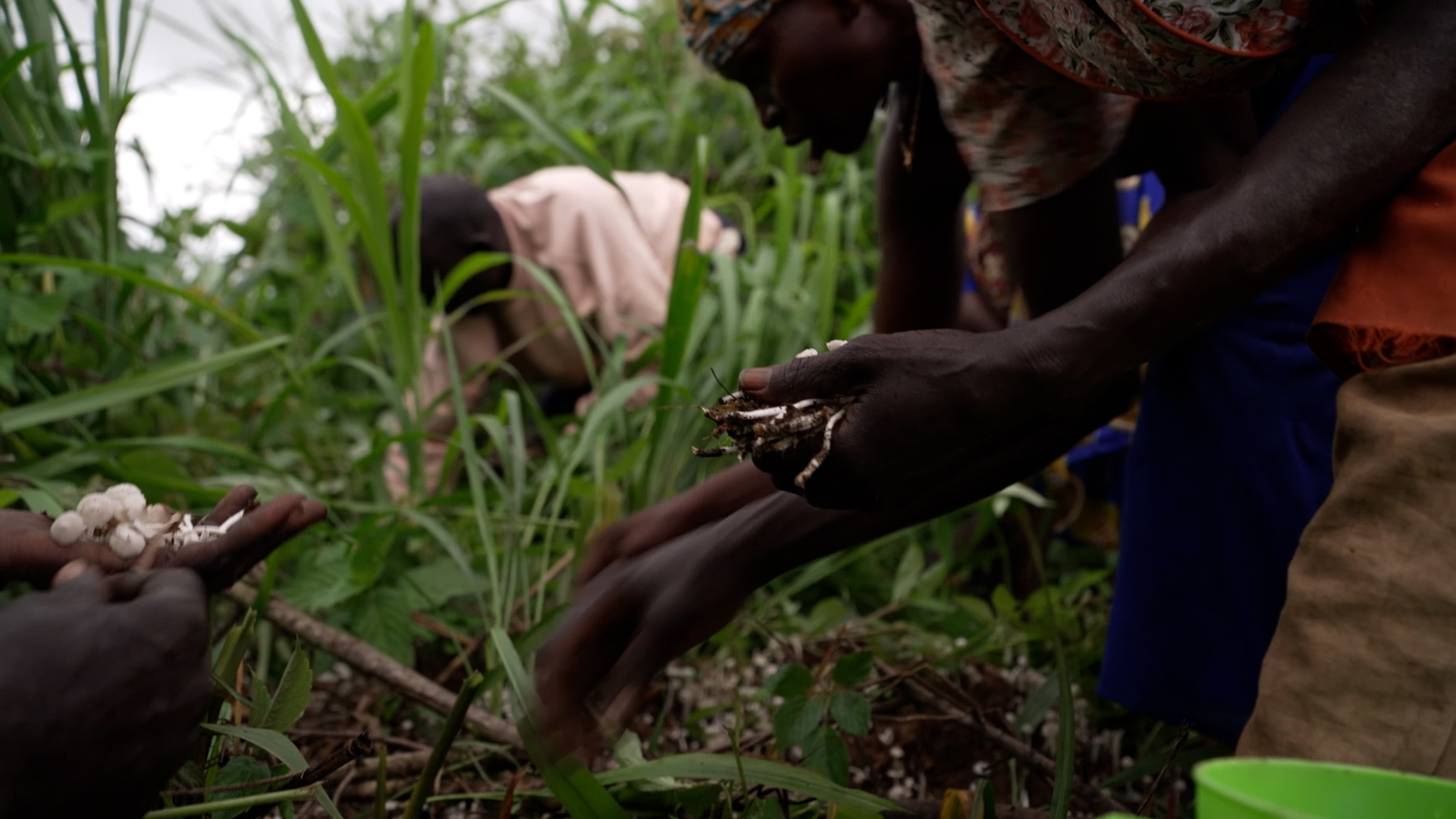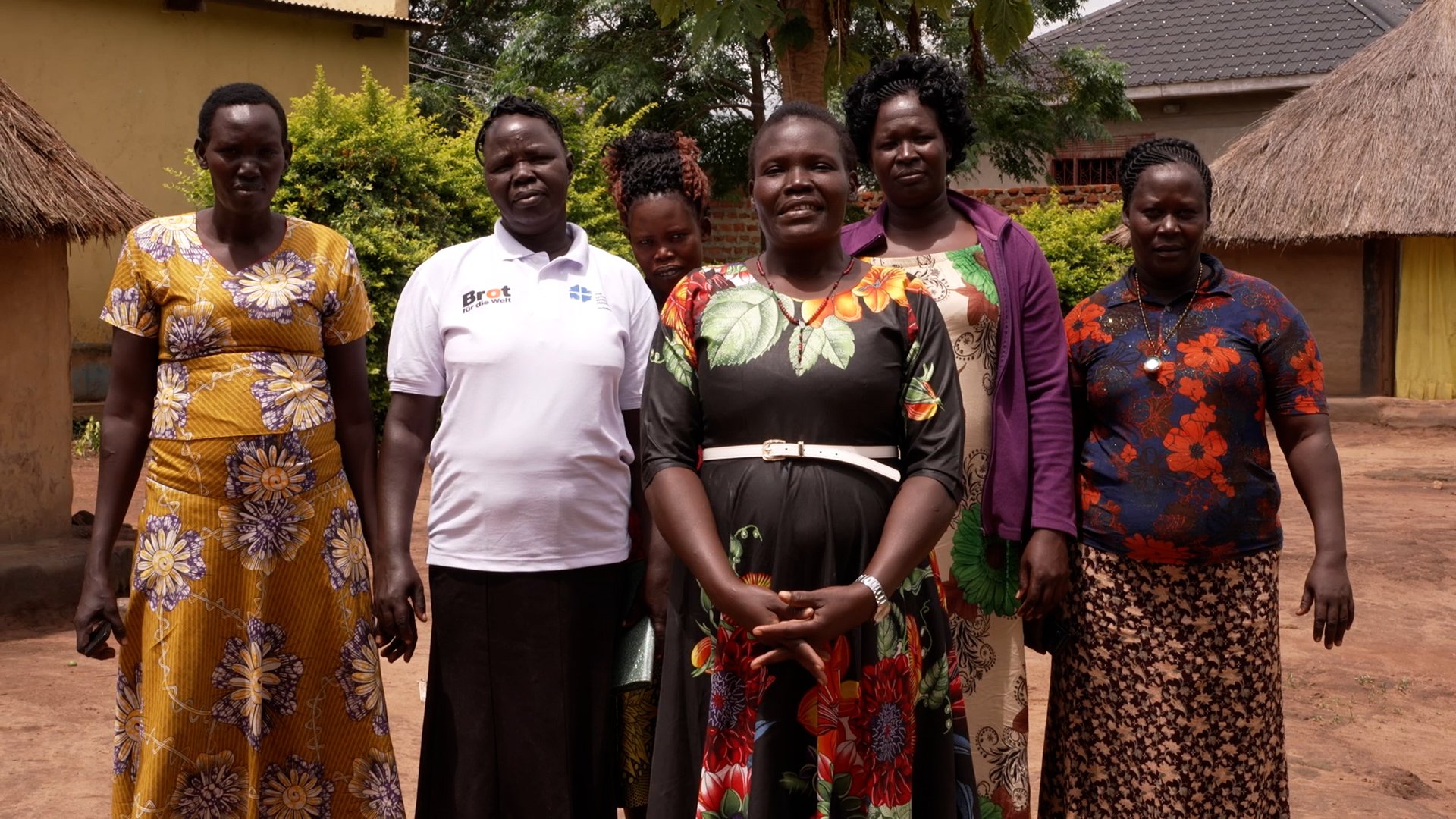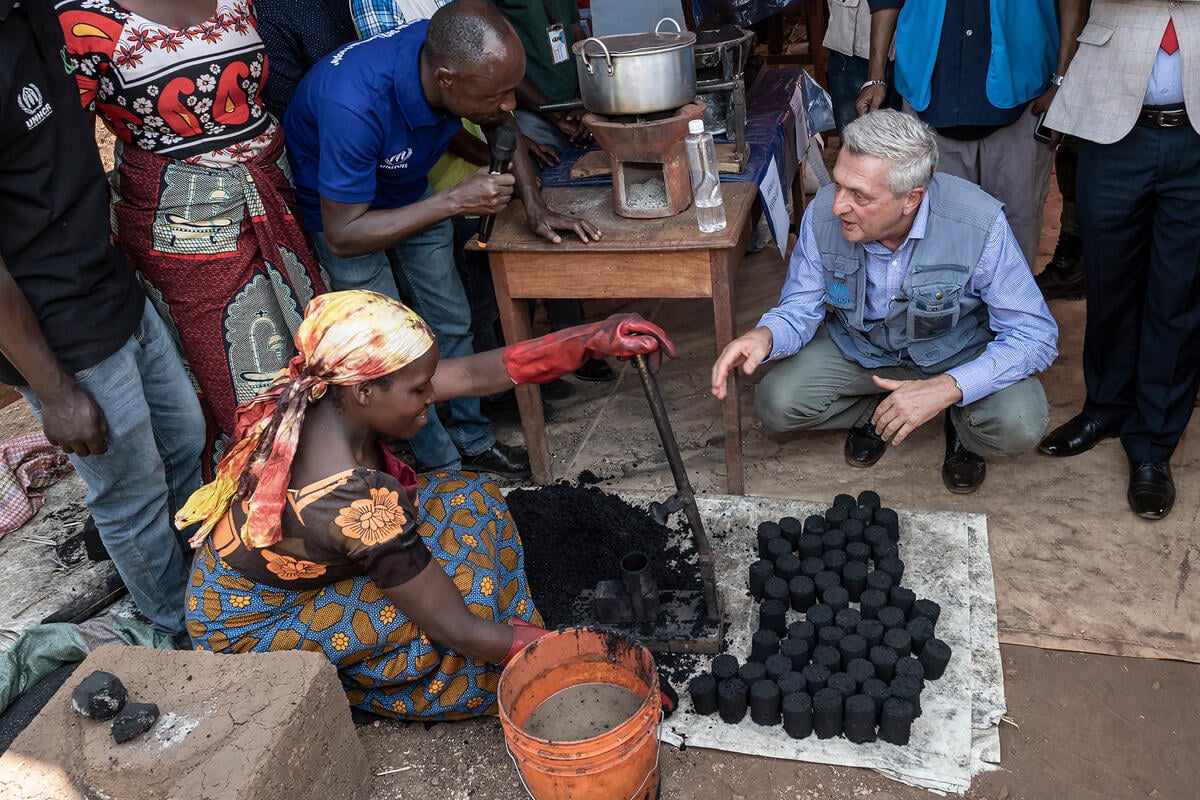Myanmar refugees pave the way home in pilot return
Myanmar refugees pave the way home in pilot return

MYAWADDY BORDER CROSSING, Myanmar – More than 70 refugees have arrived safely back in Myanmar in the first voluntary return organized by the governments of Thailand and Myanmar in over 30 years.
Earlier this week, a total of 71 refugees left Thailand’s Tham Hin and Nupo camps to return home to Yangon, Tanintharyi region, Kayin, Bago, Mon and Rakhine states.
The return from Nupo camp started early on Wednesday. Shuffling at dawn, 65 refugees pushed carts piled high with bags containing their worldly possessions – mostly clothing and household items, with the occasional bicycle and wheelchair. They received an assistance package to help with their return and initial reintegration, before boarding trucks that would take them on a winding five-hour drive to the Mae Sot-Myawaddy border crossing point. As friends and relatives clung on to say goodbye, many started crying at the thought of leaving behind the only life they’ve known in recent years and moving on to a new chapter.
“I’ve been waiting for years for the government to welcome us back. The day has finally come.”
One man, however, was grinning. “I’ve been waiting for years for the government to welcome us back. The day has finally come,” said a betel-nut seller who is heading to central Myanmar with his wife and two children.
“I’m very excited as I think things will be better there,” he added. “But at the same time I’m worried about how we’ll be treated in Myanmar, how we’ll survive in the future.”
Such mixed feelings were common among the returnees, who expressed confidence in Myanmar’s reforms, and uncertainty over how they would cope back home.
“What will happen when the assistance money runs out?” asked returnee Pu Let, referring to the assistance packages provided by the Myanmar government, UNHCR, the World Food Programme, Myanmar Red Cross Society and other agencies. His in-laws have some land in Kayin state, and he hoped they could grow enough crops to feed themselves.
Livelihood was less of a concern for Yangon-bound Thant Zin Maung, 48. With the 15 certificates he acquired in the camp for trainings such as cooking, sewing, business and auto repair, he plans to use his return assistance to set up a small business. His first priority, however, is to enrol his two sons in school and to seek treatment for his wife’s health problems.
As the refugees crossed back into Myanmar in the afternoon heat, many were exhausted but visibly emotional as government officials welcomed them back at a processing centre in the border town of Myawaddy.
Naw Lah Kyi, 72, was reunited with her son who works in Myawaddy. After five years apart, she was relieved to see him as he supported her to the centre’s clinic to monitor her high blood pressure.
Maung Saw Schwe, 63, is also heading back to his wife and three children in western Myanmar. Asked if he would hug his wife upon his return, he smiled, “I’m too old for that. After I drop off my luggage, I will contact my old colleagues. I have a lot to catch up with as I want to do more for my people.”
“I hope that in five years … I’ll be successful in business with the skills I learnt as a refugee.”
On Thursday, the returnees underwent health and document checks for national identity cards at the Myawaddy centre. Some of them were then assisted to their final destinations in Yangon, Mawlamyine and Sittwe.
As 45-year-old grandmother Ei Pay sat waiting for transportation home to Kayin state’s Mae Pra area, she shared that she and her husband had actually visited the area four months ago to start planting vegetables. They came back last weekend to escort their 11-member extended family home.
“Our village is peaceful now, no problem,” she said. “There’s more freedom there than in the camp. We can grow our own food. In fact, I put on some weight there because my appetite was so good!”
Yangon returnee Thant Zin Maung has called his sister, who is cleaning up a place for him in Myanmar’s commercial capital. “I hope that in five years, my wife will be walking, my children doing well in school and that I’ll be successful in business with the skills I learnt as a refugee,” he said.
This week’s pilot voluntary return programme was supported by Thailand and Myanmar, as well as UNHCR and its partners, which include the International Organization for Migration and Handicap International. While modest in number, there is hope that these returns will help to build peace and pave the way for lasting solutions to one of Asia’s longest-running refugee situations.









